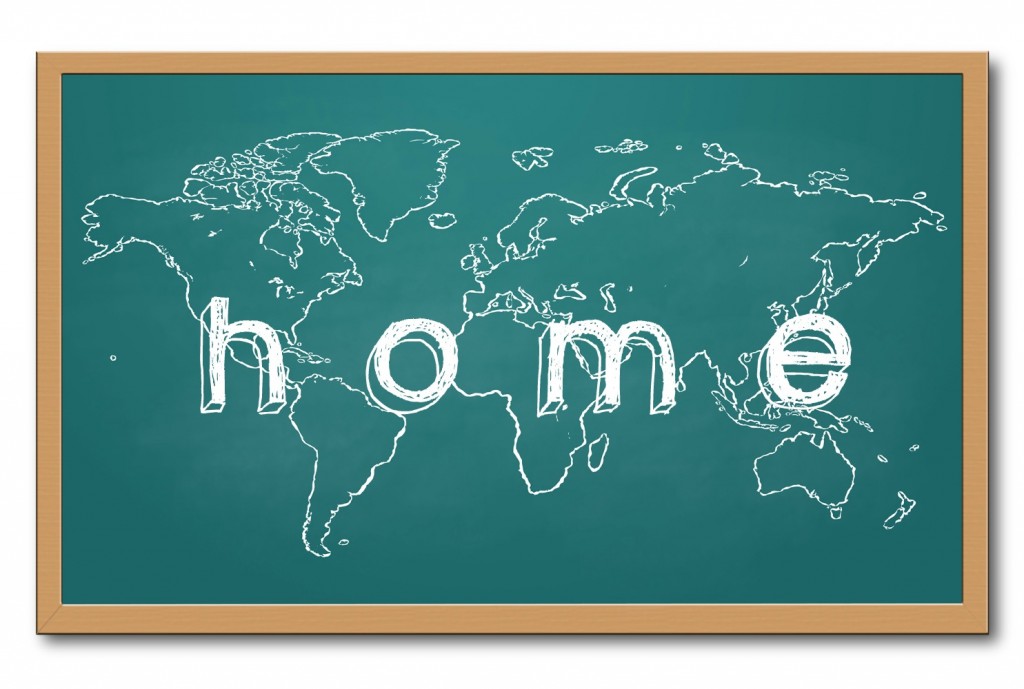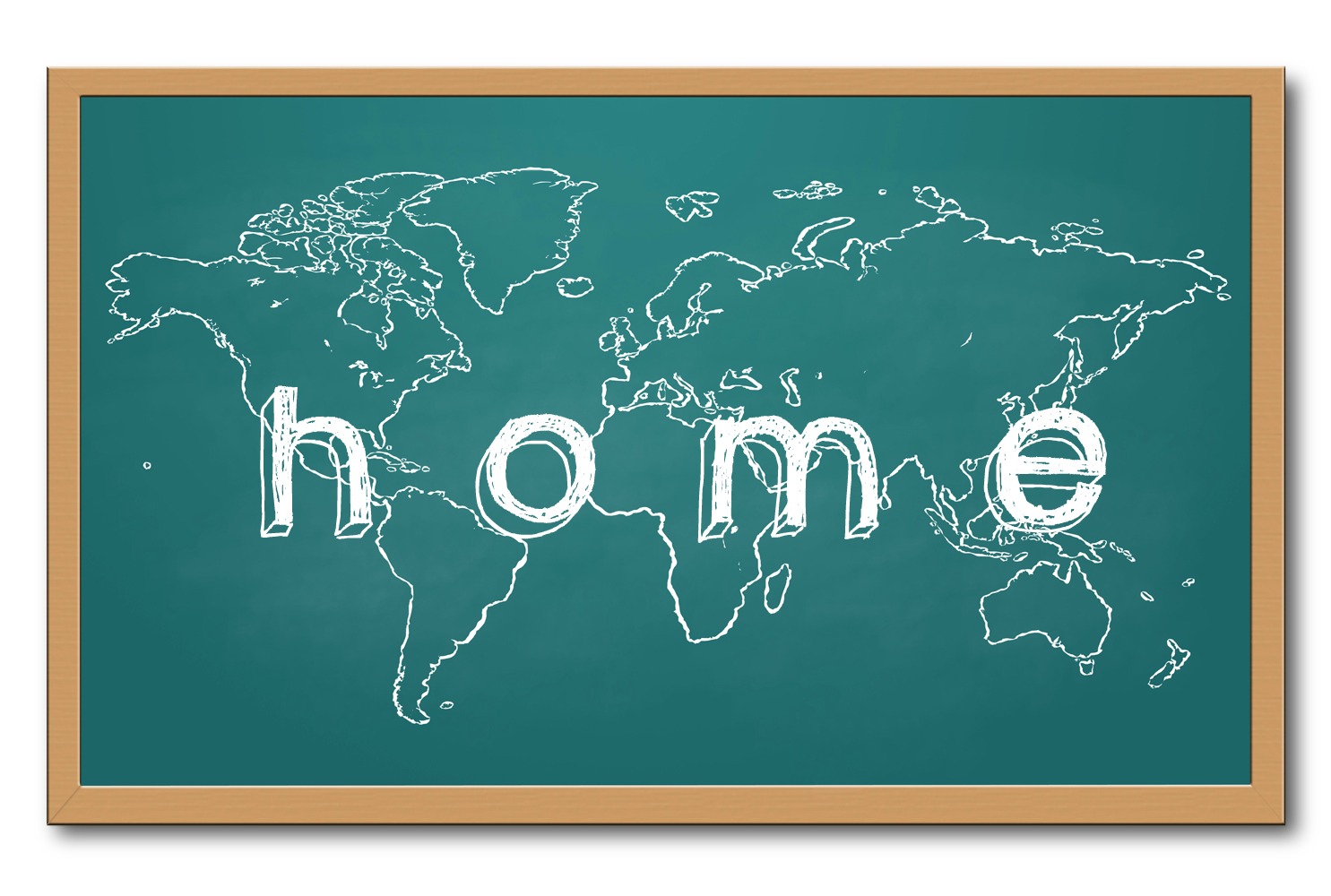 As I rummaged around youtube last week I found some interesting videos made by TCKs. I thought I’d share a few of them over the coming weeks with you. This one is fairly brief. Watch it and then move down the page to some of my thoughts.
As I rummaged around youtube last week I found some interesting videos made by TCKs. I thought I’d share a few of them over the coming weeks with you. This one is fairly brief. Watch it and then move down the page to some of my thoughts.
I have mixed feelings about this.
I think she says some things that are spot on for the majority of TCKs. I love the way she highlights the vast relationship bank most TCKs have. They are so good at adding people to their lives. Her definition of home seems to be a good one to me–where our mind us bids. Home isn’t necessarily rooted in one place; it’s changeable. Full hearts? Definitely. A plethora of experiences, more relationships than most can imagine, multiple cultures–all add up to full hearts.
I love the idea of identity as a patch of grids. TCKs have so many facets to who they are. They draw from each culture they’ve lived in. They draw from their friends’ cultures. They draw from the third culture. They can be a definite patchwork of grids.
I can see how the statement of being nowhere and everywhere fits. It’s part of belonging to the experience of growing up among worlds. It’s the part of the TCK definition that says TCKs identify with all the cultures they’ve been a part of but don’t have full ownership in any of them. It’s definitely a matter of being “nowhere and everywhere.”
There are other places in the poem where I agree and then take issue. Back in the 1980s Ted Ward, a professor at Michigan State and Trinity Evangelical Divinity School, called TCKs the prototype citizens of the future. Perhaps this is what Ms. Prodhom was thinking when she said TCKs are the “lone children of tomorrow.” Children of tomorrow? Definitely. Lone? I don’t think so. While TCKs hold more and more high offices and influential positions around the world, there are still plenty of monoculturals who do the same.
“Full hearts free of sorrow” is another phrase that I begin to agree with and then don’t. Grief is developmental in most TCKs. They can’t fully get away from it. It’s not a matter of them being sad all the time because most of them aren’t. It’s the matter of loss and sorrow are part of who they are. It’s the result of multiple simultaneous losses that most TCKs experience with some regularity.
Perhaps I’ve dissected this too finely. Old habits are hard to break. In no way do I mean to deny or detract from Ms. Prodhom’s experience. It is hers. It is unique. Parts of what she says are universal. I must determine then that the other parts are her story to tell.
What do you think of the poem? What do you think of my comments? If you’re a TCK what would you add (or subtract)?
Thanks to Geetha Prodhom for putting her thoughts into video form.
World map on a chalkboard image courtesy of jaylopez. Editing via Piknik.com.

One response to “A TCK Poem”
Thank you for this analysis that I find very interesting.
As regards the “lone children of tomorrow”, yes we are definitely children of tomorrow as the world will have ever growing numbers of us. The lone in this statement defines our state, although we are numerous, we tend to be misunderstood and therefore alone. While we may intermingle and relate to the likes of us (other TCKs), we never actually totally identify with them. We are similar yet different. Even among friends with joy among us, we remain alone, never totally integrated although the obvious choice of tomorrow.
“Our hearts are full yet free of sorrow” because we experience so many separations and heartbreaks, yet we are so used to this (it is almost our natural state of being) that we become somehow immune to this or at least capable of going beyond the sorrow to a certain extent. Sorrow does not inhabit us yet it is often with us.